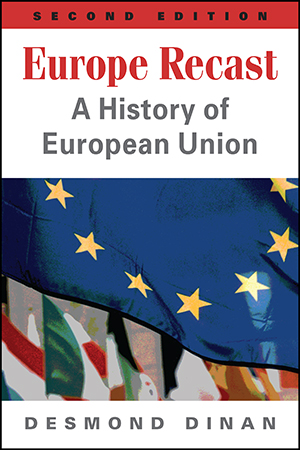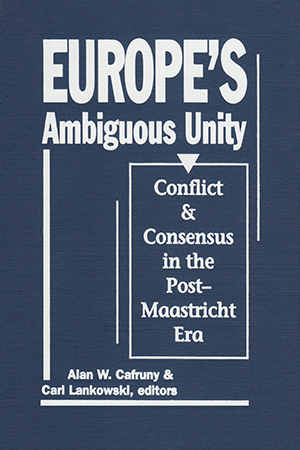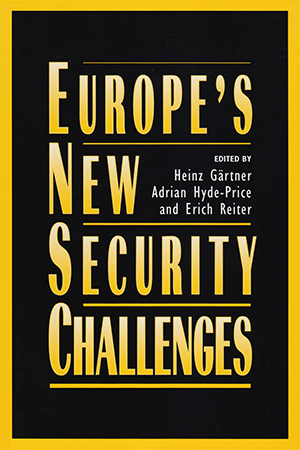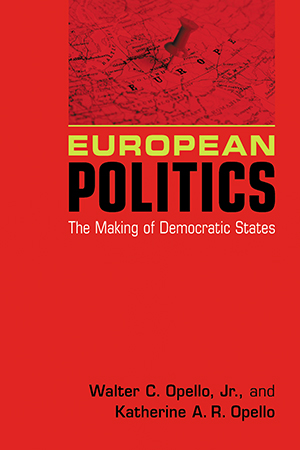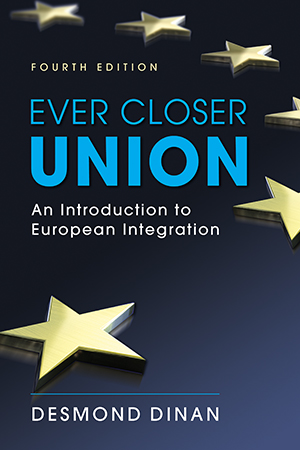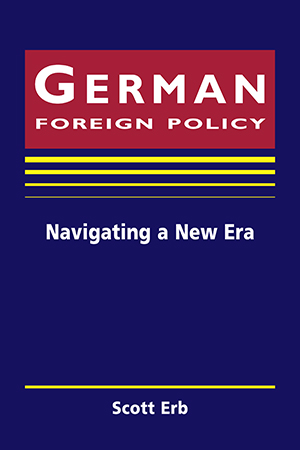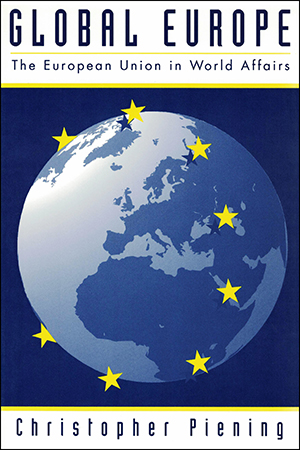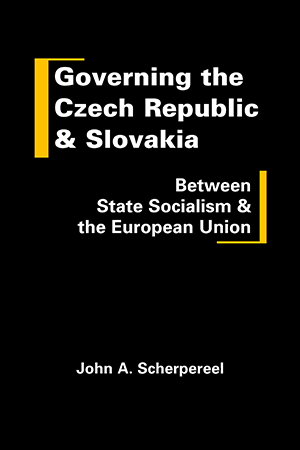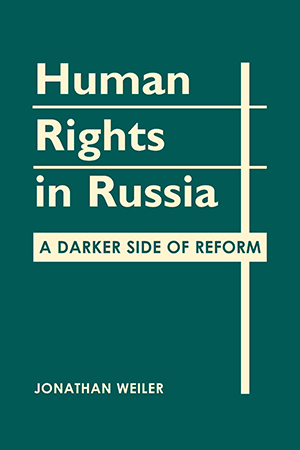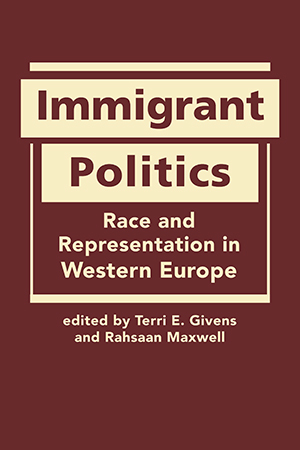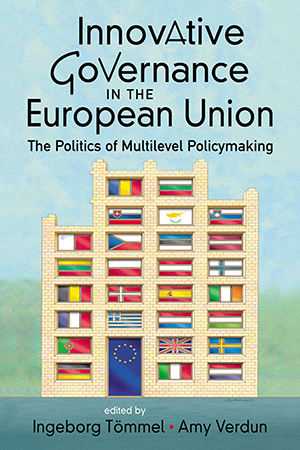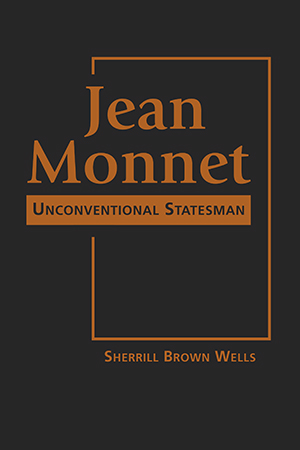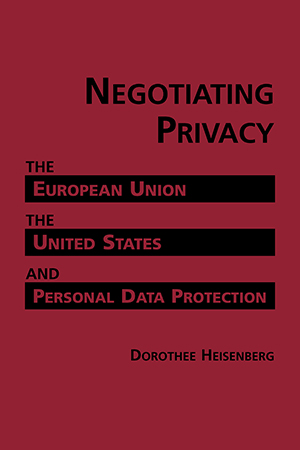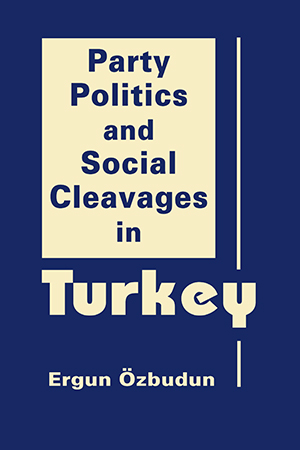Europe and the European Union
Thoroughly revised to reflect a decade of recent history—and incorporating newly available archival material and the latest scholarship—Europe Recast tells the story of European More >
Although the European Union as an entity now enjoys support from across most of the political spectrum, this has by no means resulted in the acceptance of a single vision of the EU. The More >
A central point of controversy among both academics and policymakers is the nature and significance of security in the post–Cold War world. Engaging that discussion, this original More >
This book explains why three countries—Britain, France, and Italy—that have faced similar problems of high inflation and currency depreciation since the 1970s—Britain, More >
This innovative text explores the nature of European politics in the context of the origin and institutional development of the European state system. Underlying the analysis are a More >
In the years since the third edition of Ever Closer Union was published, the EU saw the ratification and implementation of the Lisbon Treaty, further enlargement, leadership changes, policy More >
Despite an array of predictions that Germany's foreign policy would be unable to adapt easily to the postunification, post–Cold War environment, it has in fact remained effective, More >
The European Union (EU), though comprised of fifteen separate, sovereign states, is constrained by treaty to act "as one" in key areas. And as trader, investor, aid donor, and most More >
Why do democratic leaders sometimes choose not to establish institutions that would promote the consolidation of democracy? And what are the consequences of those choices? Focusing on the More >
The connection between Soviet authoritarianism and human rights violations once seemed unassailable, as did the belief that a transition away from communist rule would lead to better More >
Do ethnic minority politicians play a meaningful role in Western Europe? How do European publics feel about nonwhite politicians? How are political parties reaching out to ethnic minority More >
Do the traditional tools of governance make sense in the decidedly nontraditional political entity that is the European Union? Or are the realities of the unique EU system generating new, More >
How did Jean Monnet, an entrepreneurial internationalist who never held an elective office, never joined a political party, and never developed any significant popular following in his More >
How did the European Union come to be the global leader in setting data privacy standards? And what is the significance of this development? Dorothee Heisenberg traces the origins of the More >
Despite radical changes in Turkish politics since the transition to a multiparty system in the mid-1940s, the center-right parties have consistently won an electoral majority. Why? How have More >



